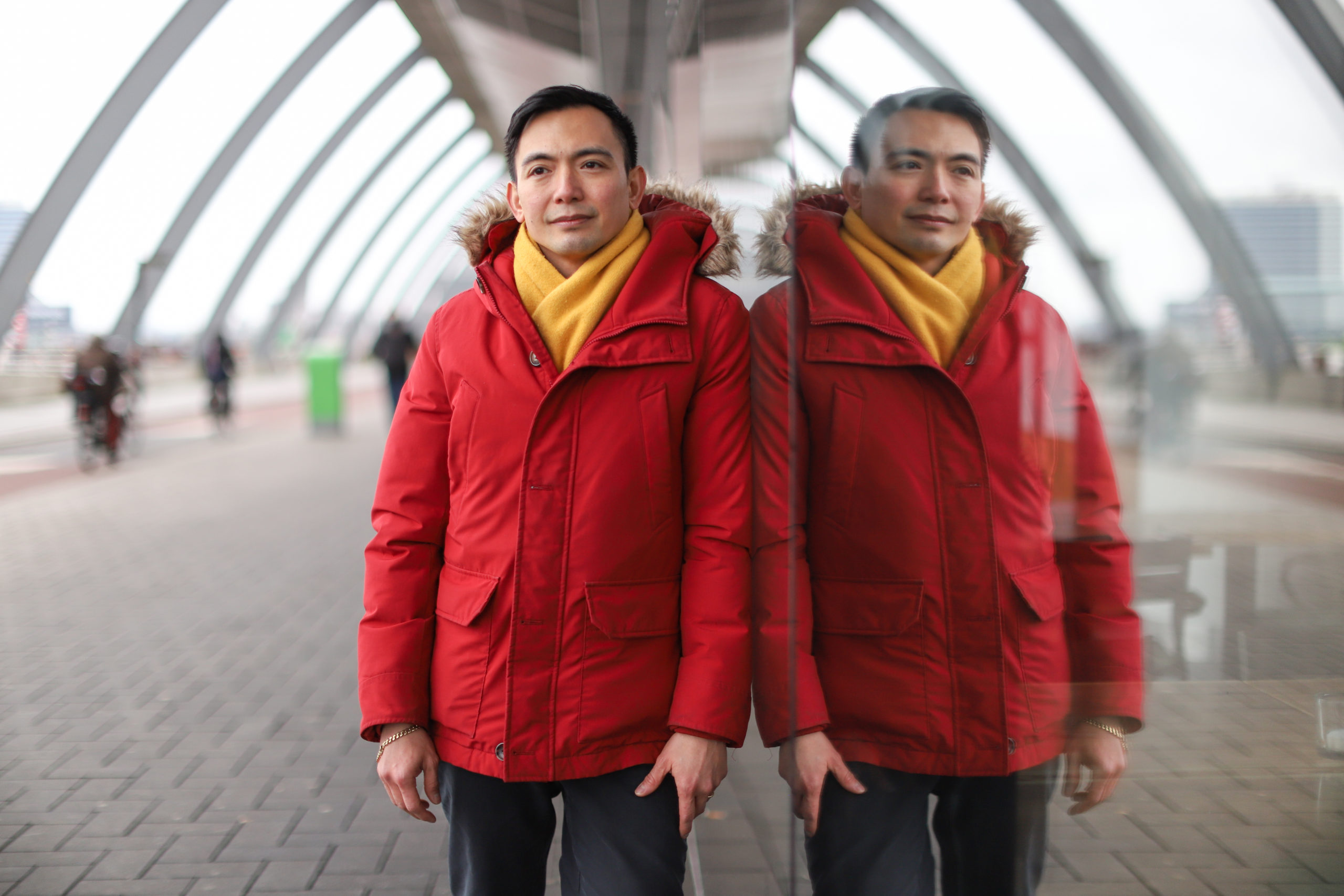Corona and young people
door Anouar Ennali

”I was attending a pilgrimage in Paris when a lady from The Philippines approached me out of the blue. She had prepared some rice and asked if I wanted something to eat. I was hungry from all the walking, so I didn’t hesitate and gladly accepted her offer. I figured she was probably worried about all these Filipino kids who had joined the pilgrimage and had to eat baguettes all week instead of rice. While I sat down, I noticed she was observing me. I asked her why but she didn’t answer. Instead, she asked me how old I was. I replied: ”Sixteen”. When I finished eating, she asked if she could hug me. I answered: ”of course, but why?” She said: “Because you remind me of my son. I haven’t seen him for over sixteen years.” I realized she was far away from her family and, like many Filipinos abroad, working as a domestic worker. I remember feeling incredibly sad but, I also felt a deep connection. That day, I decided I wanted to become a diplomat to help people like her one day. A few years later, I moved to London to study at the Diplomatic Academy. I was very determined, but I knew that if I wanted to work as a diplomat, I couldn’t become a persona non grata. For me, that meant I would have to hide my sexuality. As a kid, I always knew I was more into boys than girls, but in The Philippines, there wasn’t a lot of space to discover my sexuality. I was willing to live that double life. However, in London, it was the first time I was living without any pretense. I’m quite flamboyant, so eventually, I couldn’t hide that part of myself anymore. I’m not James Bond. So, I gave up my ambition to become a diplomat. When I graduated, I called my mother and asked if I could stay in London to study English law. My mother was like: “I thought you would come back home.” I couldn’t lie to my mother, so I opened up to her. I said: “Ma, the thing is, your son is gay.” I had no idea how she would respond. We talked for a while, and by the end of our conversation, she had accepted it. I never became a diplomat, but a few years ago, I helped set up an organization to support Filipino LGBT rights. When the pandemic hit, we started fundraising and organizing online Zumba classes for our community members. Right before each class, we would check in with each other to see how everyone was doing. It turned out that many people, especially those who are undocumented, are struggling. Some lost their jobs, can’t go home, and try to make it to the end of the month. Together with our group of volunteers, we decided to set up a food program from my house, and a few months later, we started providing food vouchers. You see, Filipinos worldwide don’t have a social safety net. We help each other. That’s why that lady at the church offered me food. We are each other’s safety net.”
by Debra Barraud